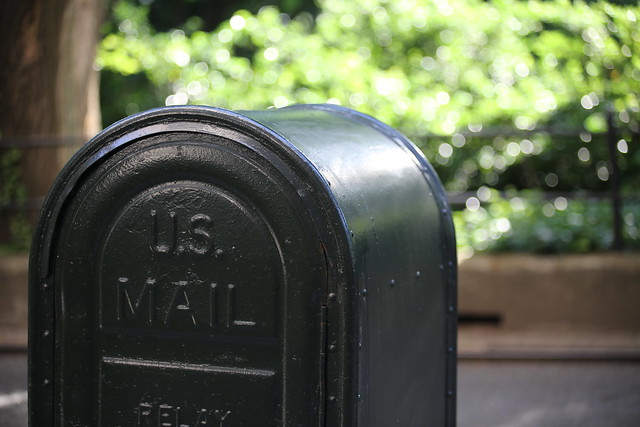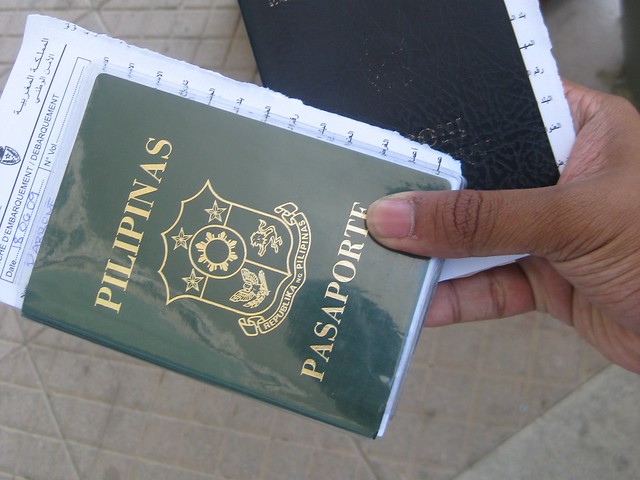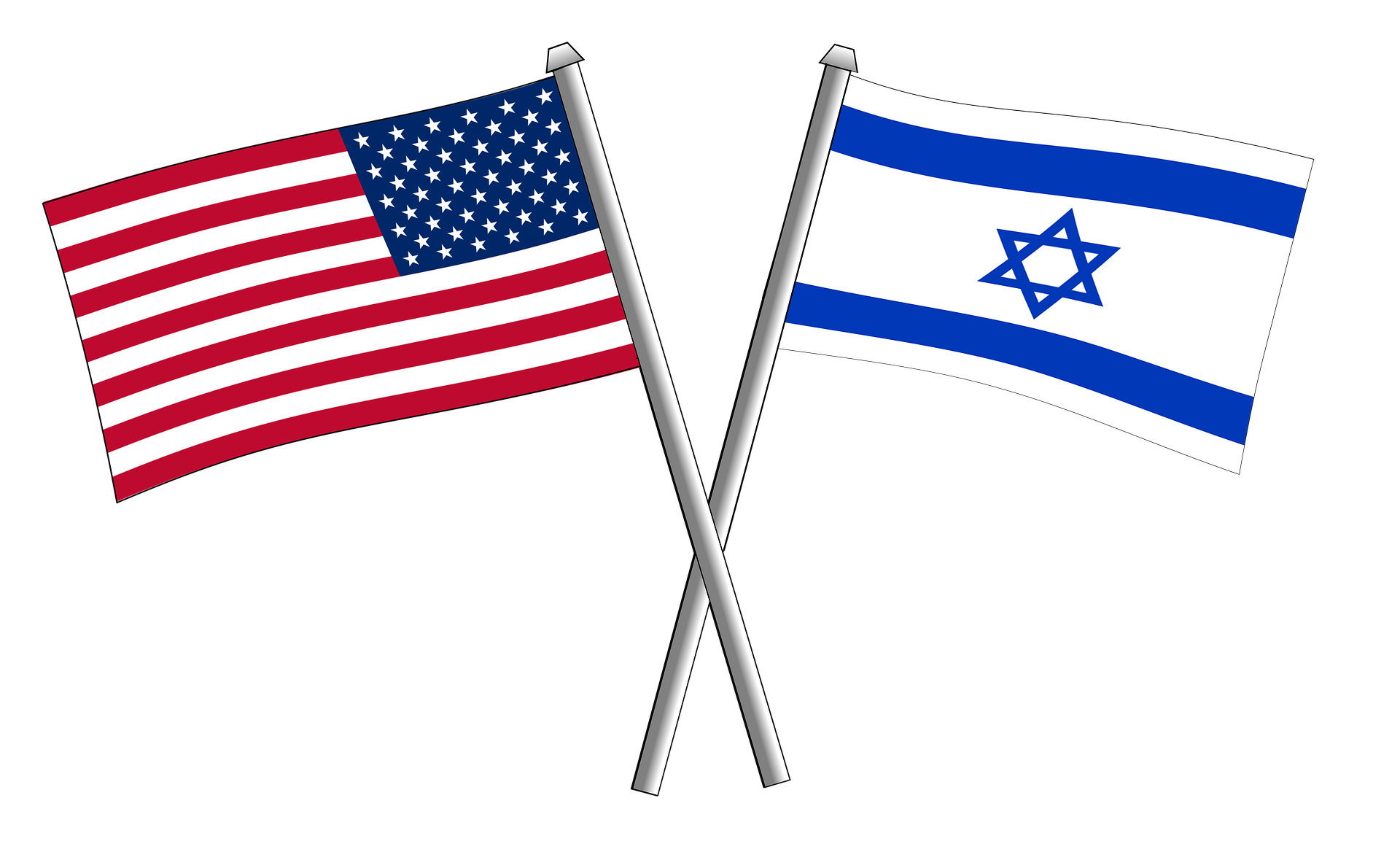
Today, USCIS will begin accepting H-1B petitions subject to the FY 2020 cap. Any FY 2020 cap-subject H-1B petitions filed before April 1st will be rejected.
Beginning today, 65,000 H-1B visas will be available for the regular cap, and 20,000 H-1B visas for advanced degree holders.
Selection
Important changes will be implemented for the H-1B cap selection process.
In January, the Department of Homeland Security announced a final rule amending regulations governing cap-subject H-1B petitions, including those that may be eligible for the advanced degree exemption.
The final rule reverses the order by which USCIS selects H-1B petitions under the H-1B regular cap and the advanced degree exemption, which will be in effect for the FY 2020 cap season.
USCIS will first select H-1B petitions submitted on behalf of all beneficiaries, including those that may be eligible for the advanced degree exemption. USCIS will then select from the remaining eligible petitions, a number projected to reach the advanced degree exemption.
Premium Processing Available for COS Cap Subject H-1B Petitions Only
Starting April 1, FY 2020 cap-subject H-1B petitioners requesting a change of status on their Form I-129, Petition for a Nonimmigrant Worker, may request premium processing by concurrently filing Form I-907, Request for Premium Processing Service.
Continue reading

 Visa Lawyer Blog
Visa Lawyer Blog












